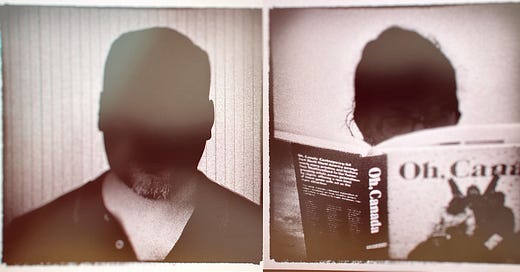“No White Kids”— How Racial Politics Pollutes Pop Culture
Two dissident non-white filmmakers speak out about the entertainment industry in Canada and the U.S.
If you care about free expression and intellectual diversity in entertainment and media, please subscribe to Shiny Herd by signing up for a free subscription or making a pledge.
The industries I’ve worked in for many years—entertainment and media—have long suffered from narrow min…
Keep reading with a 7-day free trial
Subscribe to Shiny Herd to keep reading this post and get 7 days of free access to the full post archives.





